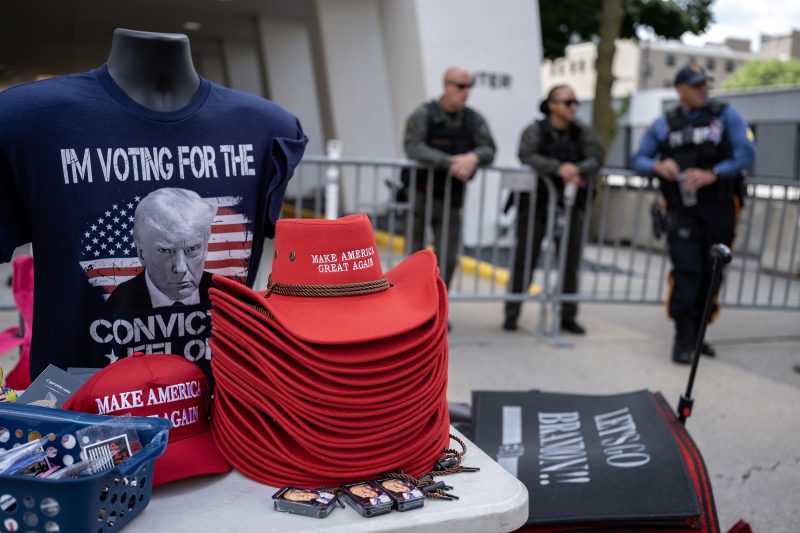In the wake of the recent court cases concerning the 2020 election and President Trump’s claims of voter fraud, Trump voters are showing a remarkable resilience in their continued support for the former president. Despite the legal challenges facing Trump and his campaign, many of his supporters seem to be unfazed, brushing off these court cases as last week’s news. This trend highlights the deep-seated loyalty and faith that Trump’s base has in him, even amidst mounting legal hurdles.
One key factor driving this steadfast support from Trump voters is the ongoing narrative of election fraud perpetuated by the former president himself. Trump has consistently asserted that the election was stolen from him, and he has mobilized his base around this narrative, fostering a sense of grievance and injustice among his supporters. This narrative has created a belief among Trump voters that the court cases and legal challenges are merely political maneuvers to delegitimize the former president’s claims, rather than genuine attempts to address electoral irregularities.
Additionally, the polarization of the media landscape has played a significant role in shaping the perceptions of Trump voters regarding the court cases. Supporters of the former president are often consuming news and information from sources that align with their pre-existing beliefs, leading to an echo chamber effect where contradictory information is dismissed or disregarded. In this environment, Trump voters are more likely to perceive the court cases as biased or unreliable, further reinforcing their skepticism towards legal challenges to the election results.
Another factor contributing to the dismissive attitude of Trump voters towards the court cases is the phenomenon of cognitive dissonance. When individuals are confronted with information that contradicts their preconceived beliefs, they may experience cognitive dissonance, which is a feeling of mental discomfort. To reduce this discomfort, individuals often reject or downplay information that challenges their beliefs, a psychological mechanism known as confirmation bias. In the case of Trump voters, this cognitive dissonance may manifest as a reluctance to accept the legitimacy of the court cases and a tendency to rationalize them away as inconsequential.
Despite the mounting legal challenges and court cases facing President Trump, his base of supporters remains remarkably resilient in their unwavering loyalty. The narratives of election fraud, media polarization, and cognitive dissonance have all contributed to this phenomenon, creating a perfect storm of factors that reinforce Trump voters’ skepticism towards the legal challenges to the 2020 election. As the legal battles continue to unfold, it remains to be seen how these dynamics will shape the perceptions and attitudes of Trump voters in the long term.

